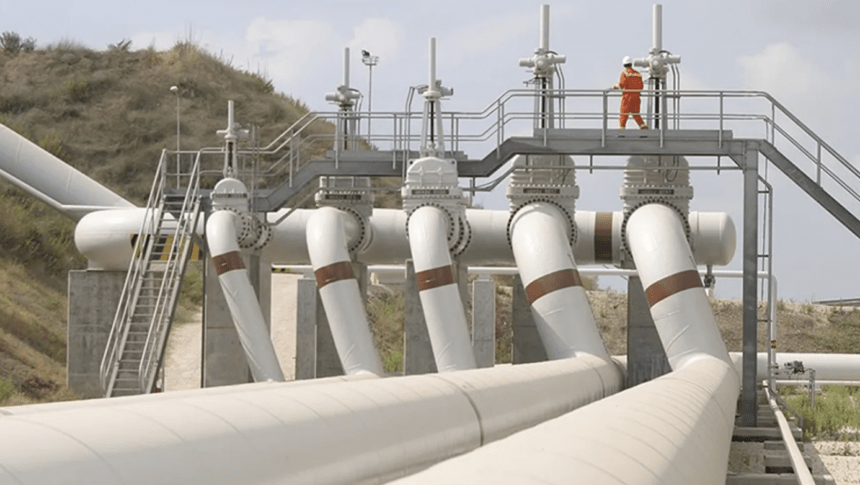The Russian government approved a decision to suspend the export of the country’s oil products for 6 months. Starting March 1, the decision will affect Turkey the most. In 2023, Turkey, one of Russia’s largest importers, increased its imports of petroleum products from this country by 200 percent in one year, saving more than USD 2 billion.
Approved on February 21
The ban, first reported by Russian media outlet RBC, was confirmed by a spokesperson for Deputy Prime Minister Alexander Novak, President Vladimir Putin’s advisor in charge of Russia’s vast energy sector. Citing an unidentified source, RBC said Prime Minister Mikhail Mishustin had approved the ban, which Novak proposed on February 21.
“In order to stabilize excessive demand for oil products, it was necessary to take measures to help stabilize prices on the domestic market,” RBC quoted Novak as saying in his proposal.
Russia’s biggest source of foreign currency
Exports of oil, petroleum products and gas are by far Russia’s largest exports. They are a major source of foreign exchange for the country’s USD 1.9 trillion economy and keep Moscow at the top table of global energy politics.
The Kremlin works with Saudi Arabia, the world’s largest oil exporter, to keep prices high as part of the OPEC+ group, which includes members of the Organization of the Petroleum Exporting Countries (OPEC) as well as key allies.
Russia voluntarily reduced its oil and fuel exports by 500,000 barrels per day in the first quarter as part of OPEC+’s efforts to support prices.
Russia’s decision will affect Turkey the most. Turkey and Turkish companies have increased imports of discounted Russian oil and refined products, saving about USD 2 billion on their 2023 energy bills, according to a Reuters calculation based on LSEG data and company estimates. Ankara has also stepped up efforts to buy more from its neighbor despite Western sanctions.
Turkey’s Russian oil imports at all-time high
Russian crude oil shipments to Turkey rose to an all-time high of 400,000 barrels per day (bpd) in November 2023, accounting for about 14 percent of Russia’s total seaborne oil exports, according to LSEG data.
Supplies to Turkey are expected to increase further in the coming months after private Russian oil producer Lukoil signed a deal with Azeri company SOCAR to refine up to 200,000 barrels of oil per day at Socar’s Turkish STAR refinery, Trade Ministry sources said. In addition to increased crude oil supplies, Turkey’s imports of Russian diesel, heating oil, jet and marine fuel increased by 200 percent in the January-November 2023 period, reaching about 0.29 million barrels per day.
According to the calculations, Turkey is paying USD 25 to USD 150 per ton (USD 3.3-20 per barrel) less for Russian diesel this year compared to prices for similar grades in the Mediterranean. For crude oil, it is buying at a discount of USD 5 to USD 20 per barrel.










